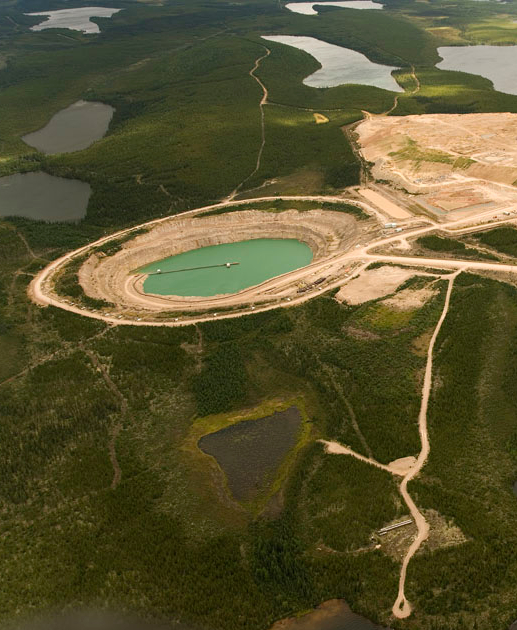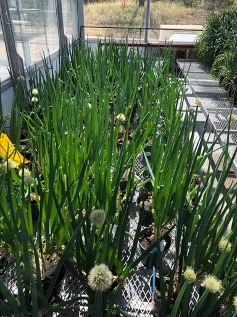General Information
For general domestic and international shipment information, please see the Shipping Page.
When preparing courier shipping labels, please enter the following information:
Canadian Light Source Inc.
c/o <Industry Scientist Name>
44 Innovation Boulevard
Saskatoon, Saskatchewan
Canada S7N 2V3
Phone: 306-657-xxxx (phone number of contact)
Email: Scientist.Name@lightsource.ca
Please communicate with the Industry Services staff about your shipments to ensure efficient receiving of the samples and appropriate preparations are in place pre-beamtime.
Hazardous Materials

| Isotope | Maximum Activity per Unsealed Source |
| Mo-99 | 1 GBq |
| Tc-99m | 46 GBq |
| Tc-99 | 1.3 GBq |
| Zn-65 | 255 MBq (per use); 1 GBq (possession) |
| U-natural | 300 kBq |
For information on CLS's sealed source activity limits, please contact us. Isotopes not listed in the table above are subject to the limitations put in place in the Nuclear Safety and Control Act; a table of Schedule 1 Exemption Quantites is available which shows the limitations we are bound by. If you are interested in measuring an isotope not listed in either the table above or the Schedule 1 Exemption Quantities table, the exemption quantity can be determined using the information in the Nuclear Substances and Radiation Devices Regulations document.

The Canadian Light Source has an Analytical Testing cannabis license which allows for possession of cannabis for the purpose of testing and for the obtaining of cannabis by altering its chemical or physical properties by any means for the purpose of testing. With this license, CLS is required to abaide by the requirements outlined in the Cannabis Act and Cannabis Regulations.
The Analytical Testing license allows for up to 90 days of sample storage. It is generally expected that samples leave the facility after analysis. Samples requiring on-site storage needs to be communicated with staff in advance.
A key consideration when thinking about cannabis experiments at CLS is import and export permits. Paperwork is required when shipping samples to confirm that someone with a cannabis license is sending the sample to someone else with a license.

Risk Group Level 2 (RGL2) samples are permitted for use at CLS. However, certain considerations are necessary before shipping and receiving these samples.
- Ensure samples are approved for use at CLS before shipping
- Plant samples to be stored on-site need to be communicated in advance
- After measurement, all samples need to be returned to their home institution or destroyed
Import permits are sometimes required for certain samples coming into Canada. A few common sample types are outlined below.
- RG2 (excluding animal tissues) from outside Canada do not require an import permit. However, CLS has a biosafety license number which allows for importation without a permit. The number should be included in the shipping documents, and a biological transfer form including the licensing information (provided by CLS) can be included with the samples to ease the border crossing process.
- RG2 (animal tissues) require an import permit from CFIA
- Soil samples require an import permit. CLS has a blanket import permit that applies to all soil, rock, and geological samples, excluding biochar, being imported into Canada. The permit is provided by CLS and needs to be printed and sent along with the samples.
- Plant importation could require a CFIA import permit depending on the plant type and originating location. The AIRS system can be used to determine whether or not a permit is required.
